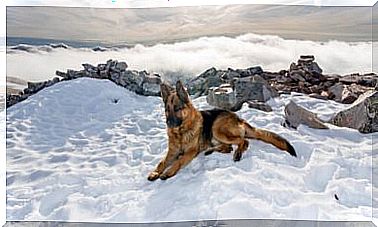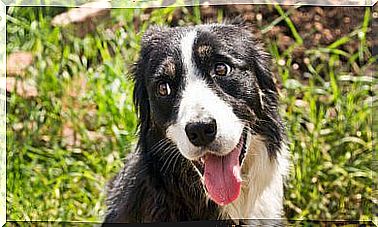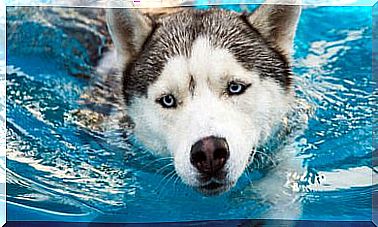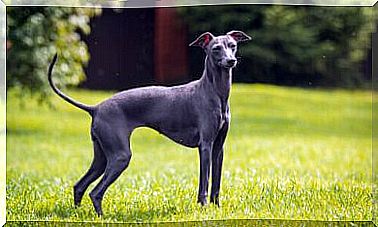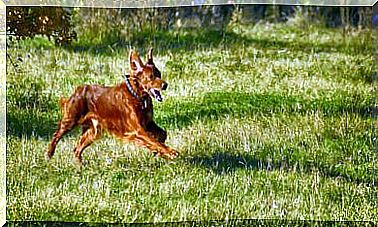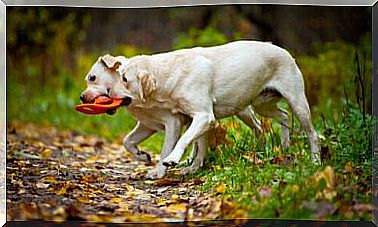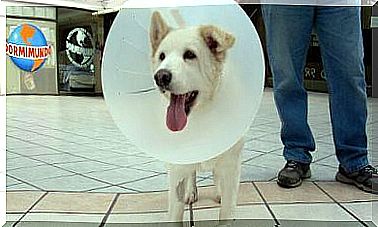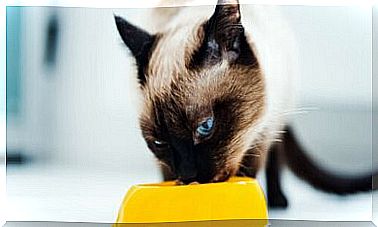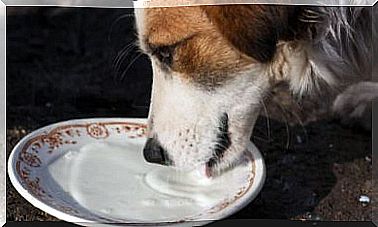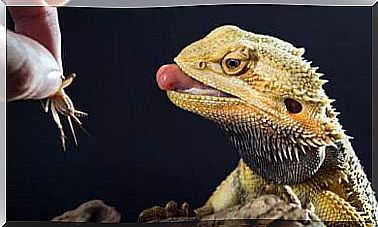Do Our Dogs See Us As Their Parents?
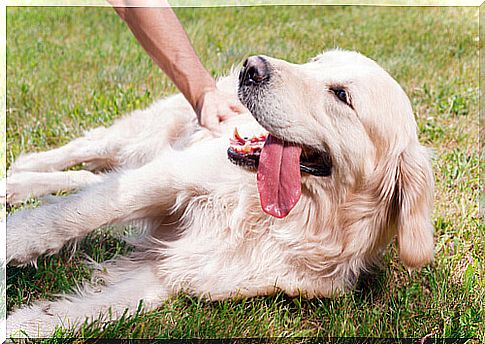
For people who love animals there is no doubt: our four-legged friends are definitely part of our family. Recently, a scientific study reports that dogs in turn see us as their parents.
Dogs attached to their owners
Dogs are social animals, which develop bonds with other specimens belonging to their species. However, they are also pets, so they have created bonds with people over many years of common history.
The dog-human relationship was the subject of a study carried out by investigators of the University of Veterinary Medicine of Vienna (Vetmeduni Vienna), in which the type of bond that exists between us and our four-legged friends was established.
For this they relied on the theory of attachment. It was concluded that the type of bond established between dog and owner is very similar to that established between children and parents.
Why do dogs see us as their parents?
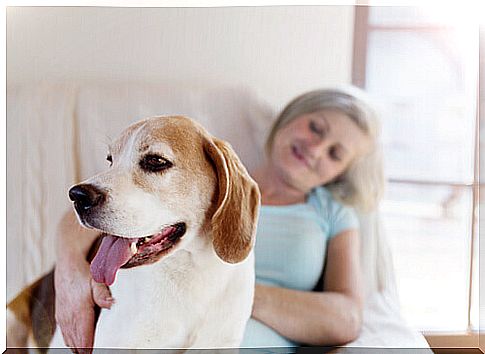
The attachment theory explains that the strong relationship that is established between children and their parents is an evolutionary adaptation that makes it easier for the little ones to be protected. Therefore, feeling strongly linked to each other, they seek each other frequently.
Scientists from the University of Vienna believe that dogs developed a similar adaptation over the course of their evolution. Therefore, they not only develop an attachment towards beings belonging to their own species, but also towards humans.
This is due to the fact that most dogs today are pets or, in one way or another, depend on humans.
Based on what is called “attachment theory,” investigators found that dogs bond with their owners in a very similar way to children with their parents.
The safe base effect
The study focused on one component of attachment theory: the secure base effect. The maternal or paternal figure is the one who provides a secure basis for the child to explore the world around him in complete tranquility. In the case of dogs, this secure basis is represented by the owner.
Scientists carried out several experiments and came to the conclusion that dogs need the security provided by their owners to safely explore the space around them. For this reason, dogs’ reactions to the possibility of winning a prize in the form of food were studied in different scenarios:
- With the owner absent
- With the owner in silence
- With the owner who encourages them
- By replacing the owner with a stranger
Details of the study
Investigators noted in particular that the dogs showed less interest in obtaining the reward if their owners were absent.
On the other hand, the fact that the owner encouraged the dog or remained silent did not make much difference to the animal’s motivation to get the prize.
However, replacing the owner with a stranger revealed that the animals lost much of the interest in striving for the reward.
The study of the University of Vienna as a starting point for other research
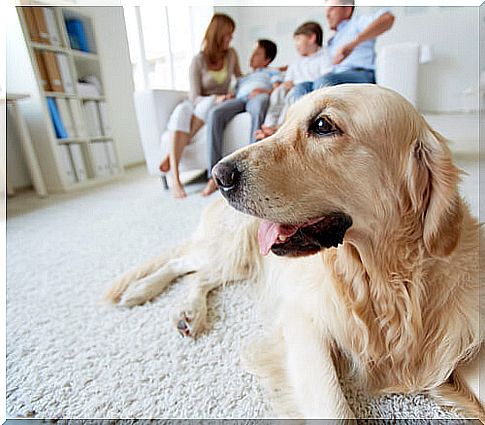
The study also made it possible to highlight the difference between dogs and their ancestors, wolves, who develop this type of bond only between themselves.
A starting point was also established for carrying out other studies related to canine behavior.
The results obtained can be used, for example, as a clue to try to understand how to approach unknown dogs, making them feel safer. This aspect would be of great use, for example, to veterinarians and trainers.
The affection between dogs and humans
What the study conducted by the Austrian University failed to determine is whether, in the relationship between dogs and humans, all the different attachment styles that exist between children and parents manifest themselves. They are:
- Confident style
- Insecure-ambivalent style
- Insecure-avoidant style
- Disorganized style
What is clear is that our dear furry friends behave to us just like our little children.
There is also no doubt that there is deep affection between the two species, and there is no need for any study to prove it.
